Reflections on Malawi: Vol 2
Board Member and former Society President, Jane Avery continues on her journey in Malawi, visiting tea plantations in Thyolo.

Our second day saw us set off on our epic 2000km journey, firstly to the south of the country to the Thyolo district, where we visited tea plantations. The original plan had been to get there in one day, but the recent monsoons had swept mud and stones all over the road and created even larger potholes out of existing potholes, so the journey took almost half a day longer than planned. Despite being two hours late for our meeting with the tea farmers, the greeting was warm, with a traditional sung welcome and rhythmical dance.
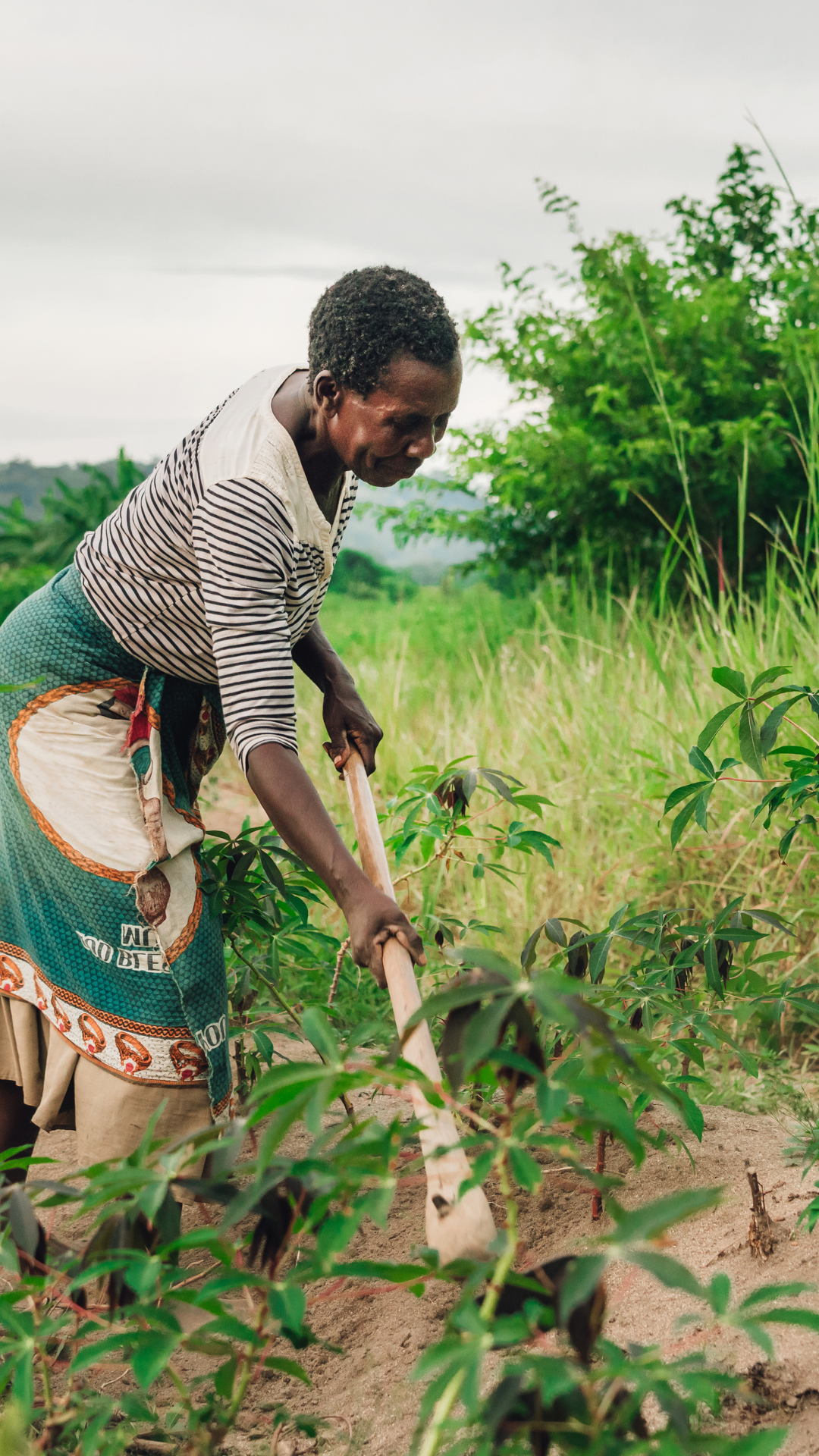
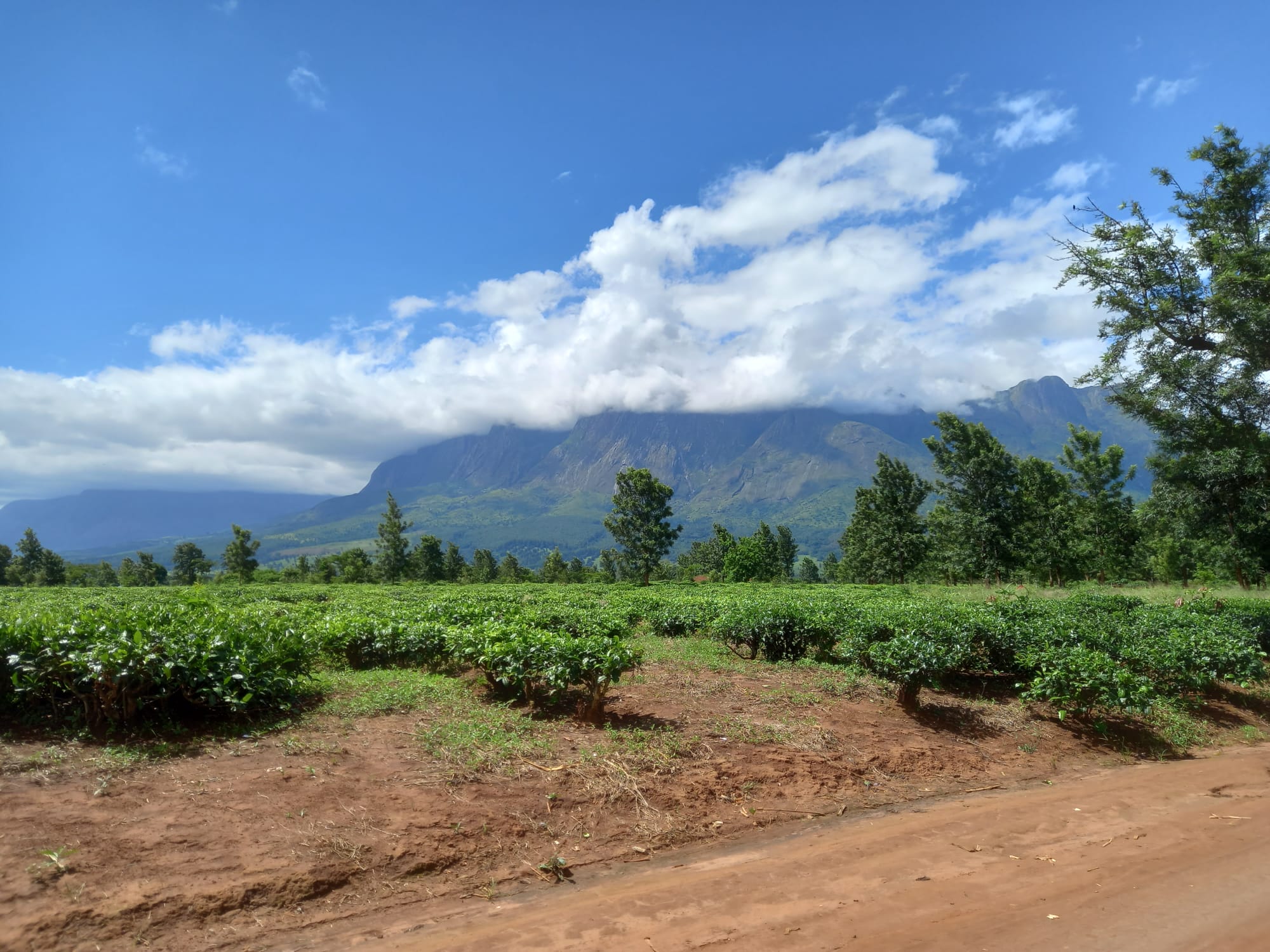
The scale of the task, and the power of co-operation were soon illustrated. We had driven past the manicured tea plantations of Typhoo and PG Tips and were then shown the land and shrubs belonging to the subsistence farmers, who belong to the Nalpiri Tea Co-operative. Their tea bushes were sparsely planted, and some had died because of the drought – others were being eaten up by termites.
Via the co-operative, and membership of the Mulatho Tea Co-op Union, they were able to harvest, package and market their tea to the larger tea estates and John explained that part of their work to support the farmers was to share knowledge and costs to get fertiliser and a quick lesson in deterring termites (it involves urine, but I’m not sure how or in what quantities it gets applied!) What the farmers need is replacement shrubs that are drought resistant. Their difficulty is that there is little surplus money to invest in re-planting. This is one part of the support we will be giving.
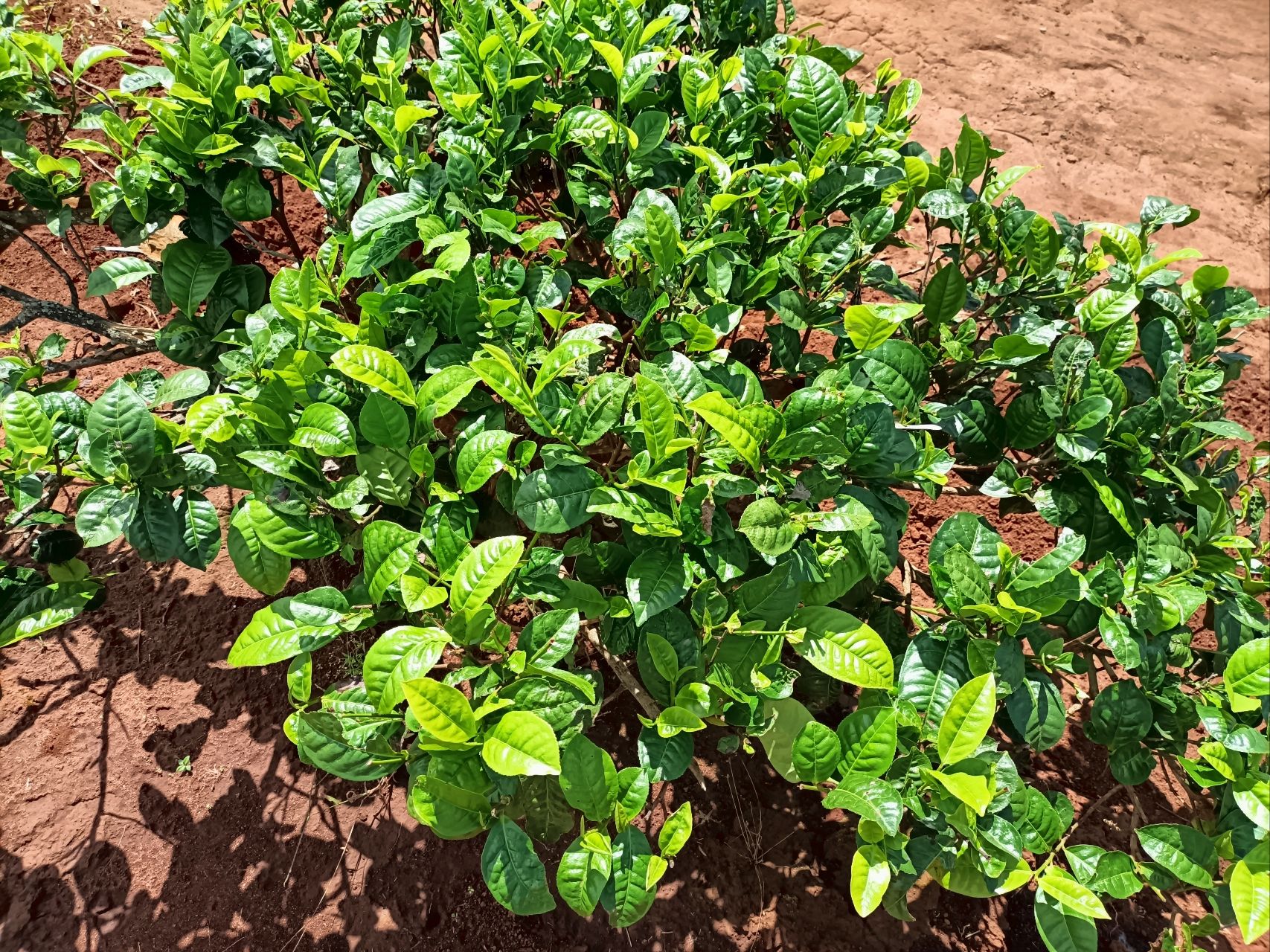
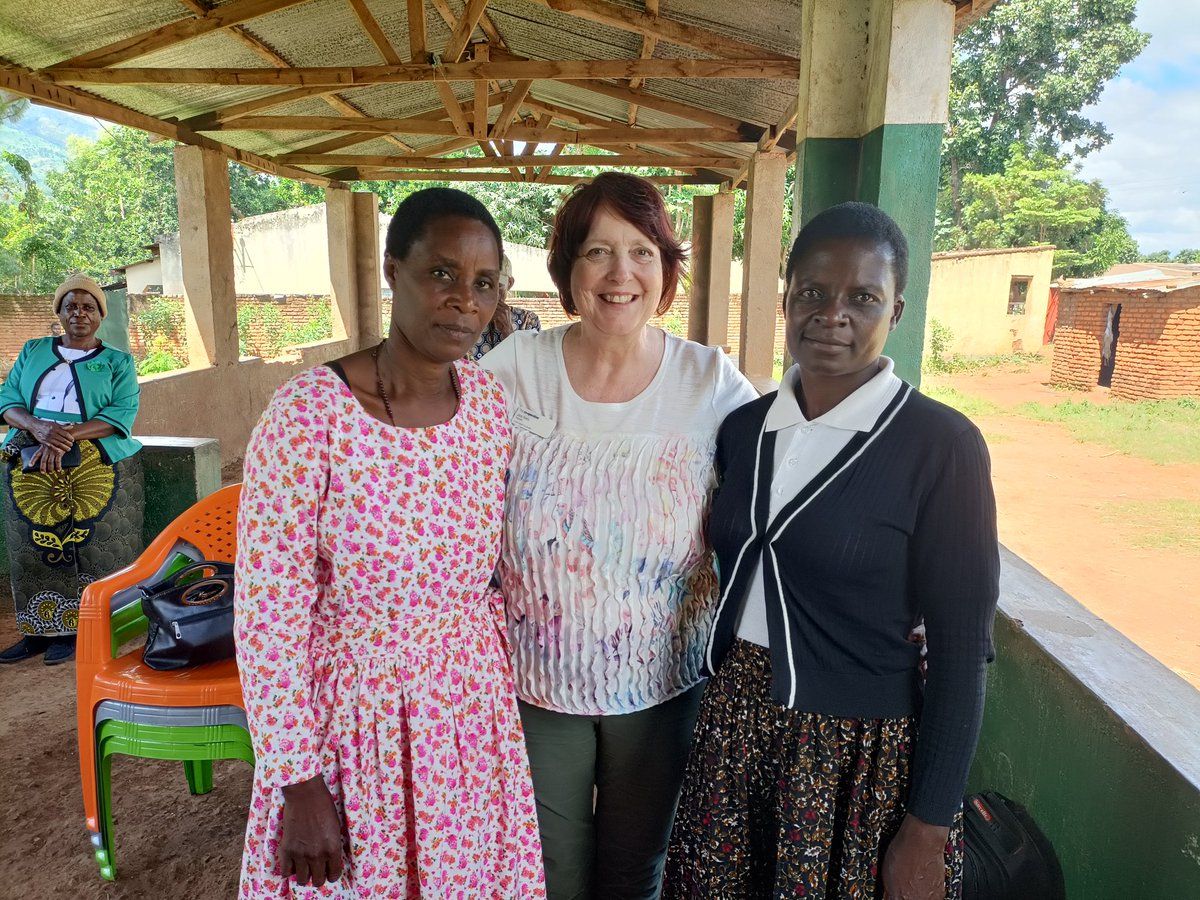
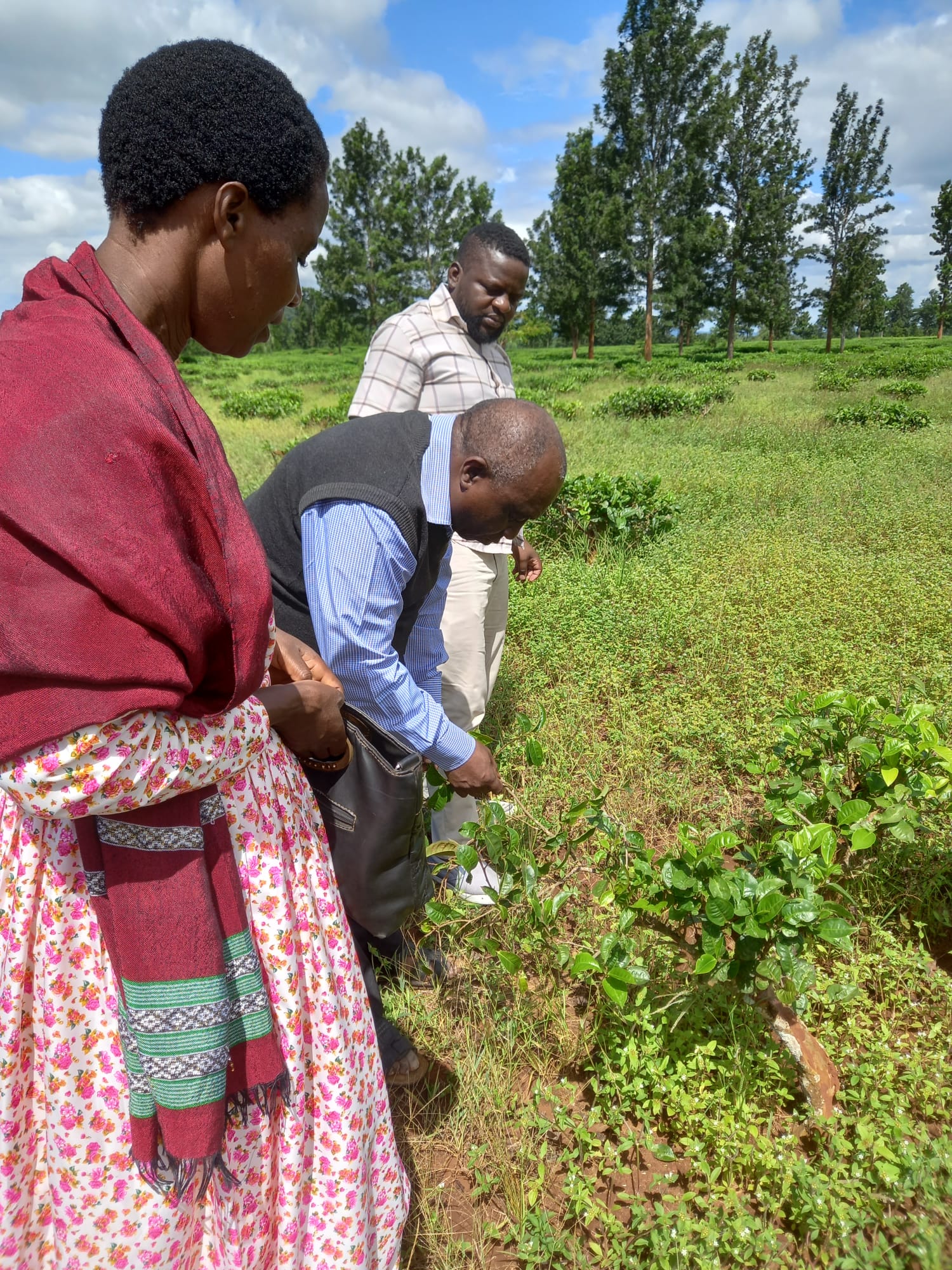
Most of the tea farmers were women, and a spin-off of the Co-op was the sewing co-op. One woman had been trained in dressmaking and was now sharing her skills. Plenty of clothes get donated to Malawi – the trick is to make these over so that they fit perfectly and are trimmed and finished. Everyone I met in Malawi wore lovely clean clothes – and how this was achieved when the usual washing facilities consisted of washing in local streams and spreading the clothes on the grass to dry is amazing.
Miraculously our one-and-a-half-day journey to the tea plantations only took three quarters of a day to get back to Lilongwe – but it was very late at night when we returned. Another difference in Malawi is that food-to-go is a concept that doesn’t exist. Petrol stations rarely stock even chocolate bars, and they don’t have a shop on every corner as we do. Consequently, we were hungry and not very hopeful of finding anything to eat on our return to the capital Lilongwe. However, for good or ill, we found a KFC - and it was open.
Check back in for volume 3 of Jane's journey, when she continues her tour of the co-operatives and reflects on the kindness of the growers.

